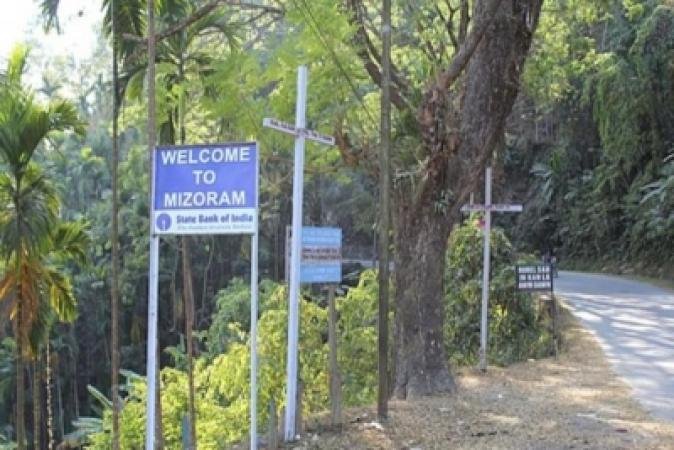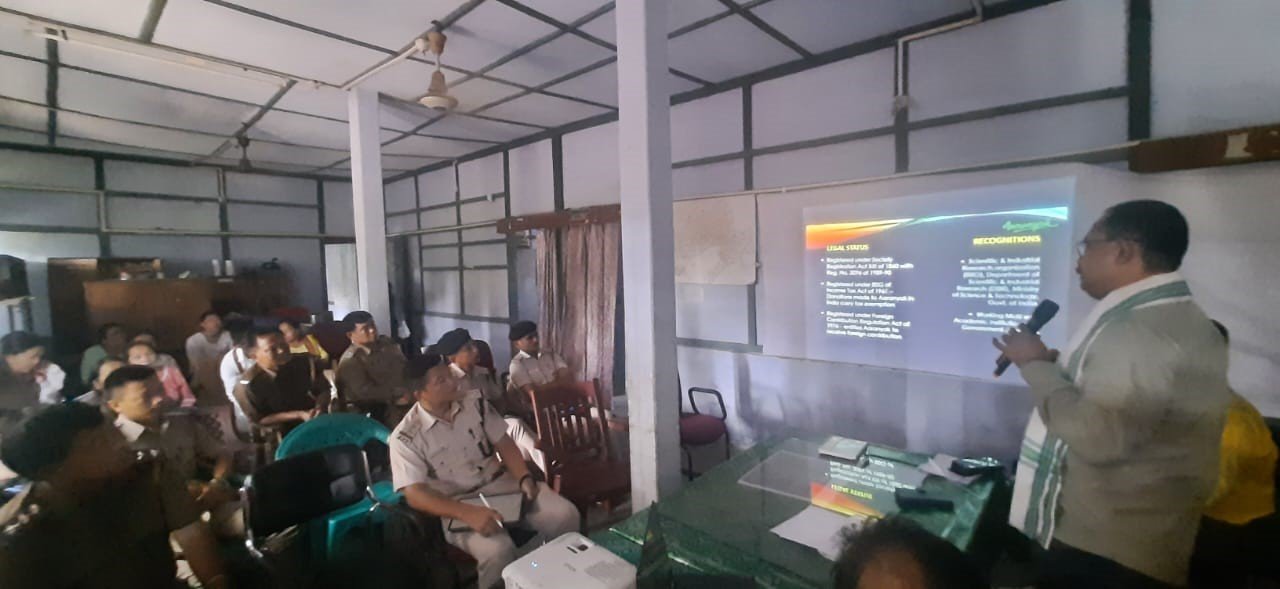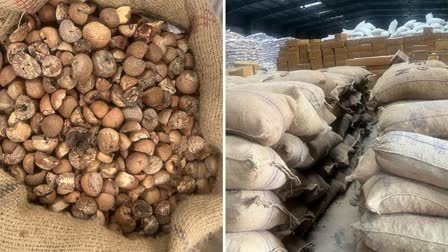HT Bureau
GUWAHATI, June 26: The officials from various Government agencies/departments that work under one roof and in tandem at the Integrated Check Post (ICP) at Moreh on the India-Myanmar border in Manipur as well as personnel from Manipur Police have been urged to treat wildlife crimes especially the burgeoning illegal trade in wildlife at par with crimes like drugs smuggling, clandestine arms trade which are threat to the national security and economy.
“Wildlife crimes including illegal global trade in wildlife parts which transcends countries’ frontiers, is the 4th largest after drugs trafficking, weapons smuggling and human trafficking and must not be considered just a wildlife conservation related crime and all these are intricately related,” observed a team of resource persons from the Legal and Advocacy Division (LAD) of Aaranyak, a premier biodiversity conservation and research organisation, during a sensitisation programme held at the ICP, Moreh on Thursday.
The programme which was held in collaboration with Customs Preventive Force and with support from US Fish and Wildlife Service. It was attended by 28 select personnel from various Government agencies including Customs Department, Immigration Bureau, ICP, Land Port Authority of India and Manipur Police.
“Given the complexity of various dimensions of wildlife crimes and the global network of these criminals, it is not possible for any single agency to check it. Hence Aaranyak which believes that prevention of wildlife crime is essential for effective conservation, strives to facilitate synergy in action among various agencies in dealing with wildlife crimes,” stated the Aaranyak team of resource persons.
Making a presentation in the workshop, Dr Jimmy Borah, senior manager of LAD in Aaranyak, flagged why forces deployed on border areas of the country are required to be highly vigilant against the wildlife crimes that poses grave threat to the biodiversity as well as economy of the country.
He cited reports about linkage of wildlife crimes with the illegal trade in drug and weapons that also involve insurgents and hence said transboundary movement of illegal wildlife must be prevented as much as possible. He highlighted the way land, sea and air routes are used by wildlife criminals in transshipping wildlife across the globe besides flagging the provision of the Wildlife (Protection) Act, 1972 as well as CITES convention in dealing with wildlife crimes.
Presenting findings of a study conducted on wildlife crime taking place across India-Bhutan border in western Assam areas, the Aaranyak official drove home that mounting vigil against wildlife crime along the international border areas is of much importance.
Noted among those attended the workshop were T Baite, manager of ICP, S K Gauate, superintendent of Customs, ICP, Y K Anand Singh, Immigration official, Elangbam Dayananda Singh of Customs Preventive Force, R K Gunadhar Singh, an inspector in Customs Department.










